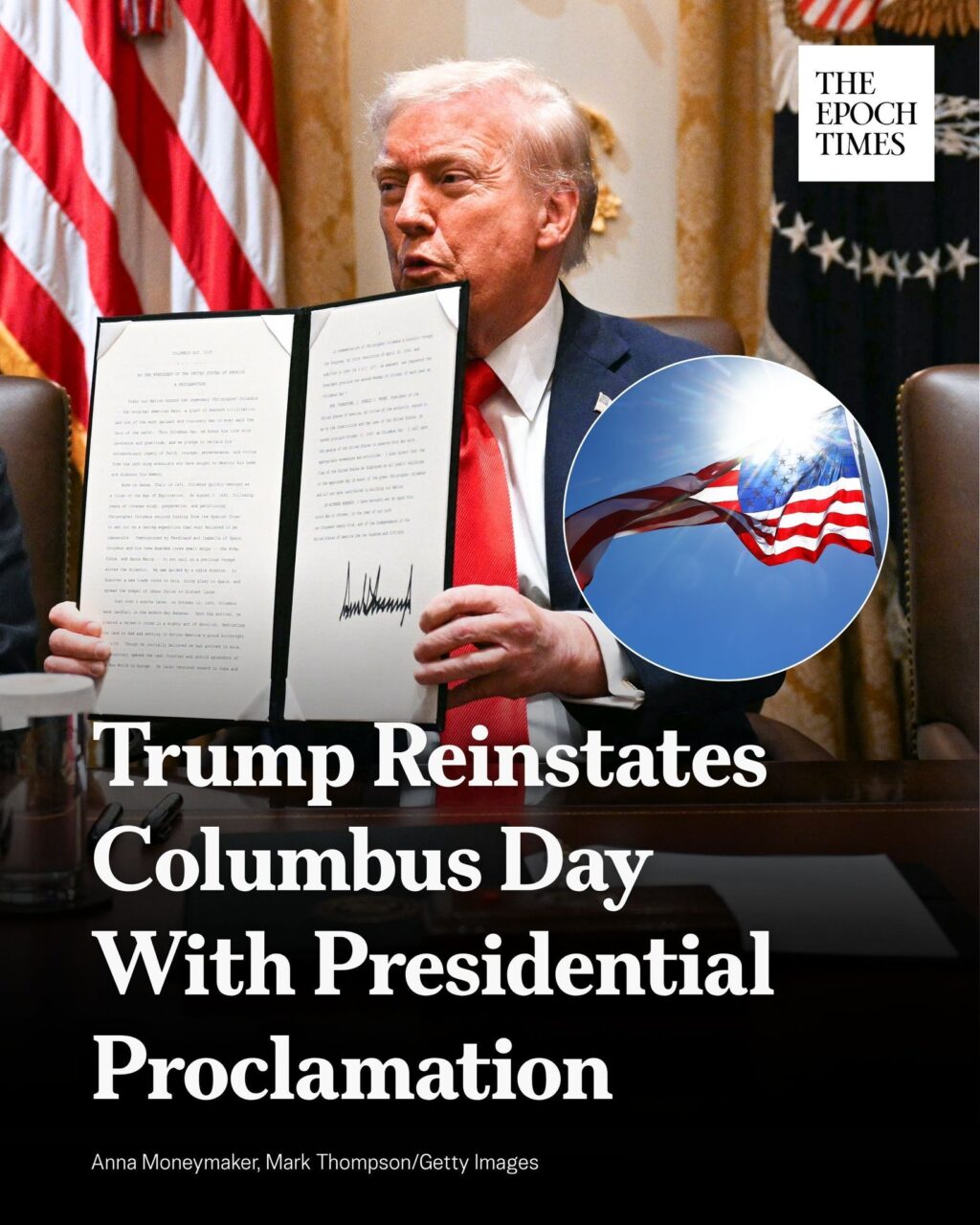
Introduction
Columbus Day, known for commemorating Christopher Columbus’s arrival in the Americas, holds significance in American culture as well as in discussions surrounding exploration and colonization. As the United States approaches Columbus Day 2025 on October 13, the holiday faces reevaluation concerning its implications. This article delves into the history, evolving perceptions, and planned activities for Columbus Day in 2025, highlighting its relevance in today’s society.
Historical Background
Columbus Day became a federal holiday in 1937, emphasizing the European discovery of the New World. The date marks the anniversary of Columbus’s first voyage—an event that initiated widespread exchanges between the Old and New Worlds. However, in recent decades, the holiday has sparked debates over the historical consequences of European colonization, leading to a growing movement advocating for Indigenous Peoples Day as an alternative celebration.
Current Trends and Controversies
In the past few years, many states and localities have opted to replace Columbus Day with Indigenous Peoples Day, reflecting a push towards recognizing Indigenous cultures and the impacts of colonization. As of 2023, states like Alaska, Vermont, and South Dakota officially commemorate Indigenous Peoples Day. This shift demonstrates a broader societal change toward inclusivity and acknowledgment of historical grievances.
Planned Observances for 2025
As preparations for Columbus Day 2025 begin, many communities plan events that reflect either the traditional observance or alternative celebrations. Educational programs that explore both the legacy of Columbus and the history of Indigenous peoples are expected to be prominent. Events may include community discussions, art installations, and performances aimed at fostering a dialogue about the past and imagining a shared future.
Conclusion
Columbus Day 2025 presents an opportunity for reflection and learning as societal perceptions of the holiday evolve. With many advocates urging for a shift towards recognizing Indigenous history, communities across the United States will likely organize events that honor both historical narratives. As public sentiment continues to change, Columbus Day 2025 will serve as a catalyst for deeper discussions about heritage, identity, and the legacy of exploration.



